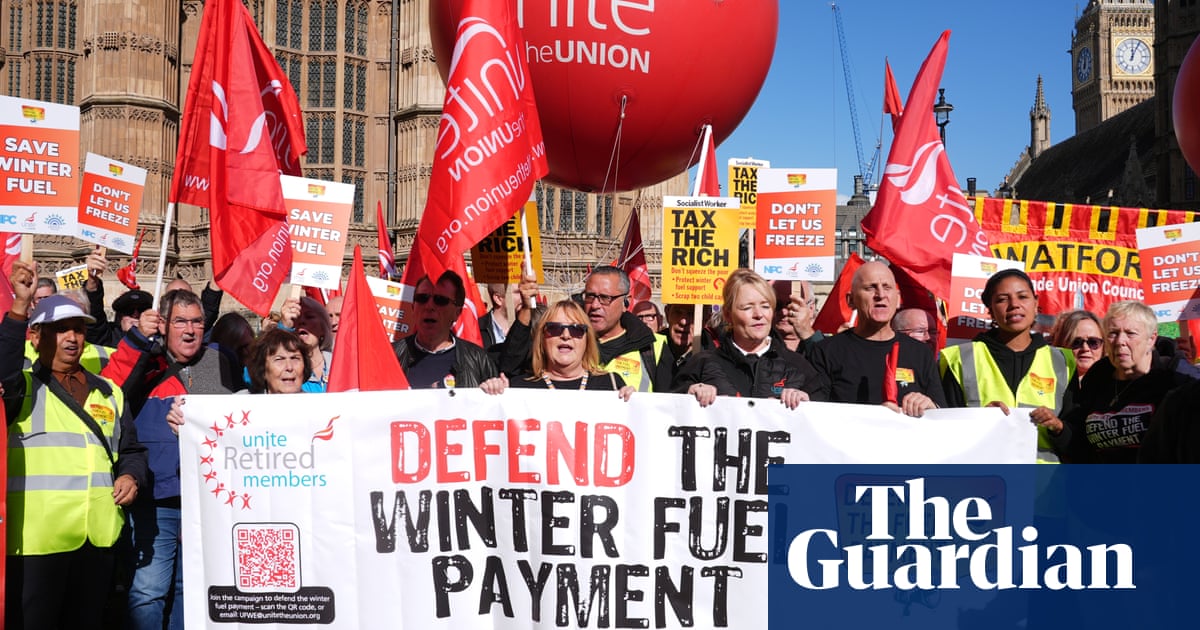Keir Starmer's recent announcement regarding winter fuel payments marks a significant shift in his government's approach to supporting pensioners amid economic challenges. The decision to ease eligibility rules indicates a response to public pressure and criticism over previous austerity measures. This analysis delves into the implications of this U-turn and the broader context of the political landscape in the UK.
Public Sentiment and Political Pressure
The backlash against the initial decision to means-test winter fuel payments illustrates a disconnect between government policy and public sentiment. By announcing a reversal, Starmer aims to rebuild trust with pensioners who have expressed discontent over financial support cuts. His commitment to increasing the eligibility threshold suggests an attempt to address the ongoing cost-of-living crisis faced by many elderly citizens.
Economic Context and Justification
Starmer's rationale for the previous cuts was framed around stabilizing the economy through "tough decisions." He highlights signs of economic recovery, such as growth figures and interest rate cuts, to justify the initial austerity measures. However, acknowledging the persistent financial pressure on pensioners indicates a shift towards a more compassionate governance style, aimed at alleviating hardship as the economy improves.
Potential Manipulation and Messaging
The framing of the announcement raises questions about political manipulation. By positioning the U-turn as a response to economic recovery, Starmer seeks to portray his government as responsive and adaptable. This could be seen as an effort to distract from earlier unpopular decisions. The language used in the announcement is crucial; it emphasizes improvement and support, potentially masking the ongoing struggles many face.
Impact on Political Landscape
This news could significantly influence public perception of the Labour Party and its leadership. As Starmer attempts to regain favor among voters, particularly pensioners, the effectiveness of this strategy will depend on the government's ability to follow through on its promises. If successful, it could lead to increased support for Labour in upcoming elections, particularly among older demographics who are more likely to be affected by fuel payment changes.
Comparison with Other Political Narratives
In the broader context of UK politics, this announcement aligns with ongoing debates about social welfare and economic policy. Similar discussions are occurring within other political parties, particularly regarding how best to support vulnerable populations during economic downturns. Comparing Starmer's approach with that of the Conservative Party may reveal deeper ideological divides concerning fiscal responsibility versus social support.
Community Support and Target Demographics
The communication strategy appears to target older voters and their families, aiming to present Labour as the party that stands up for the needs of pensioners. This demographic is particularly sensitive to issues surrounding financial security and health, making them a crucial audience for Starmer's government.
Market and Economic Implications
While this news does not directly impact stock markets, it may influence investor sentiment regarding the Labour Party's future and its potential to implement policies that affect economic stability. Companies in sectors related to elder care and social services might see fluctuations based on public perception of government support for pensioners.
Global Context and Relevance
Although the announcement primarily concerns domestic policy, it reflects broader global trends regarding aging populations and economic inequality. The emphasis on pensioner support resonates with similar discussions in other nations, highlighting a common challenge among developed economies.
Artificial Intelligence Influence
There is no clear indication that artificial intelligence was used in the creation of this article. However, if AI had been employed, it might have influenced how data was presented or framed, particularly in emphasizing the positive aspects of Starmer’s announcement while downplaying the initial backlash.
This analysis reveals that the article serves multiple purposes, including responding to public dissatisfaction, reshaping the narrative around economic recovery, and positioning the Labour Party favorably among key demographics. Overall, the reliability of the news hinges on the accuracy of Starmer’s claims and the government's commitment to delivering on its promises.
